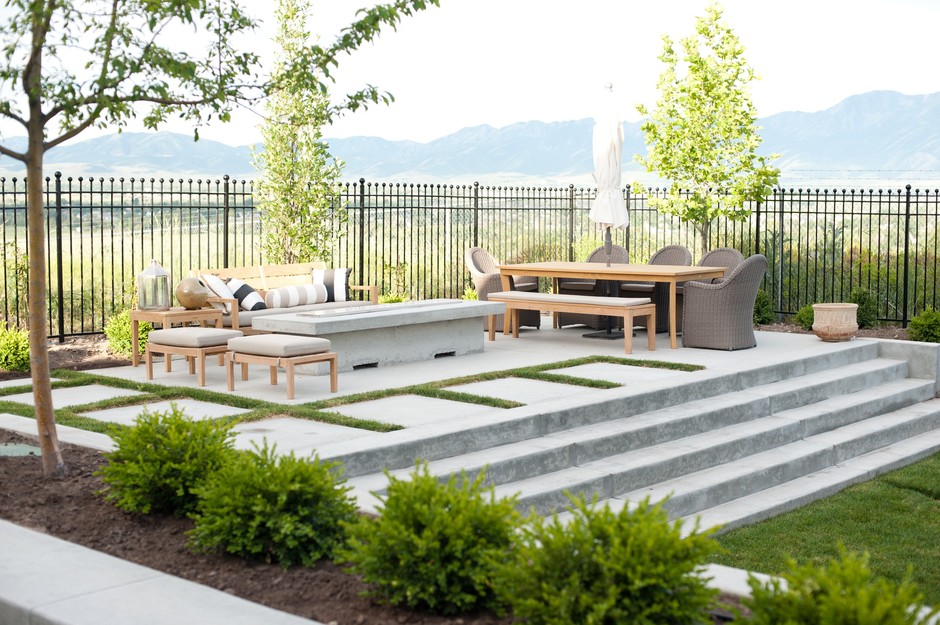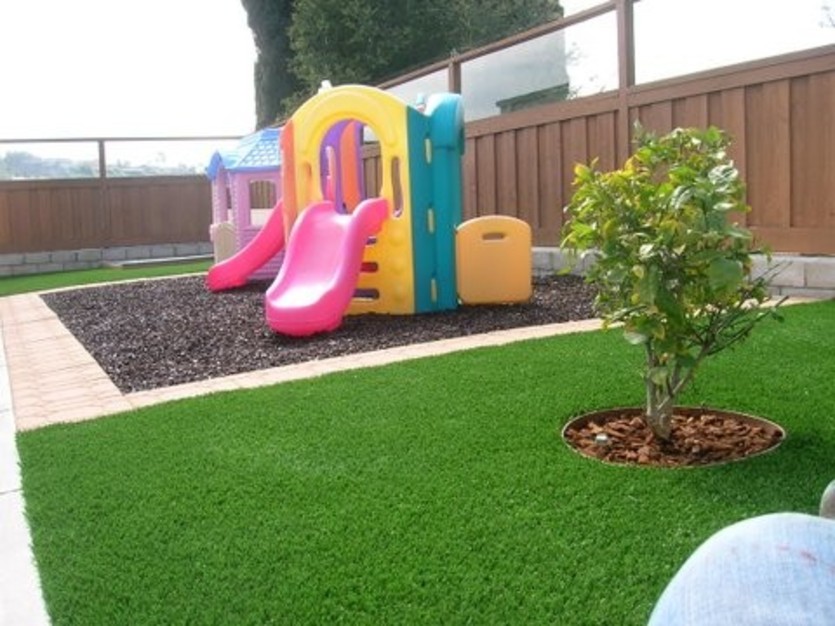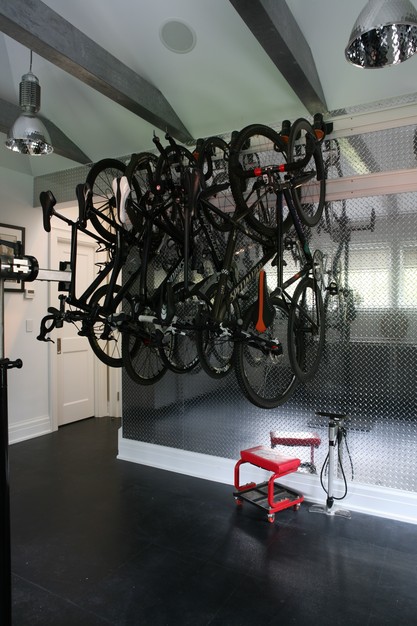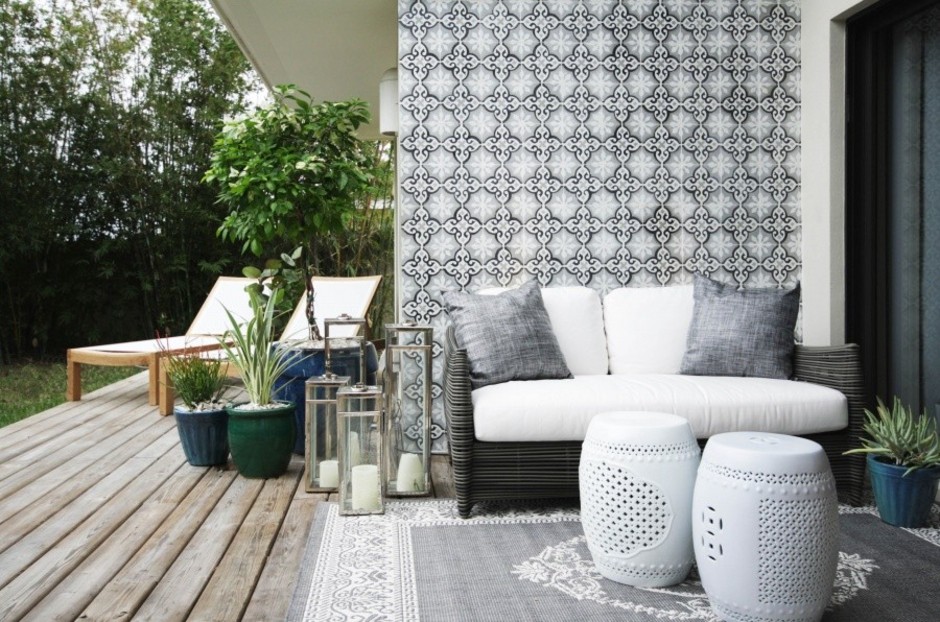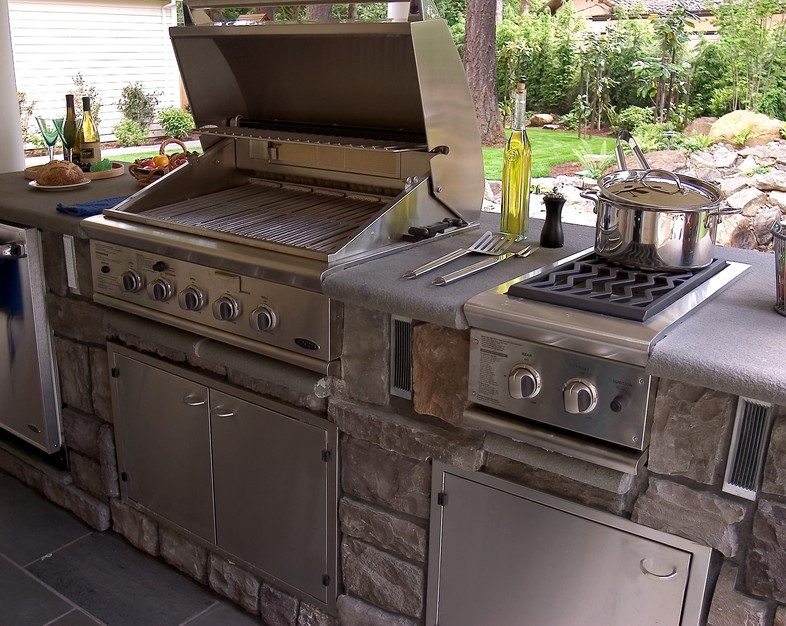When summer turns to fall it’s important to store away your summer items and keep them safe from damaging rainstorms, ice, and snow. This is the perfect time of year to close up the BBQ, put away outdoor furniture, store your gardening tools and sporting equipment. It’s important that you take the time to clean these items before covering them up or storing them in the garage – dirt, food, and grease can cause damage over time and make for a not-so-pleasant unveiling come spring.
Read our tips below for keeping and storing your end of season items.
Outdoor furniture
The best winter storage tip for your furniture is to wipe off any dirt or pollen and cover it up. Even waterproof furniture will look better in the long run if you take the time to store it properly. All types of furniture including wood, plastic, metal, resin or wicker, should be wiped clean with a dry cloth to remove dirt, moss, lichen, bugs or pollen. Some types of materials can withstand a gentle wash of mild dishwashing soap and water – check with the manufacturer for specific cleaning solutions. Once your furniture is completely dry, cover it with a tarp or ideally a made-to-match cover.
Even with a cover on the furniture, it’s a great idea to move it under the eaves or in an area that stays dry. You can also raise the furniture legs off the ground using scraps of 2×4 wood pieces – this will help water from reaching the feet of the furniture. Umbrellas should also be wiped down and covered.
Outdoor cushions
Outdoor cushions should ideally be stored in a climate-controlled environment that stays dry. Most outdoor cushions can be spot cleaned however it’s always a good idea to check with the manufacturer regarding specific cleaning instructions. Very often outdoor fabrics are treated or coated, making it not a good candidate for machine washing or dry cleaning. If the cover is removable, take out the inner filling and wipe the outer cover with a dry cloth to remove dirt, dust or pollen. Take care to clean or treat spots from oil, food, sunblock or any other oil-based products as these oils can break down the fabric over time and attract pests. Once clean and dry, place outdoor cushions in a protective container or bag to keep away mold, mildew or bugs.
Outdoor play equipment
Toys, sandboxes or play structures can be prepped for the winter. Empty sandboxes and cover them securely to keep out unwanted pets, animals, insects and debris. Large play equipment is usually left out to the elements for the winter but you’ll want to discourage lichen, mold, or moss from growing on wood or plastic pieces. Check with the manufacturer about any other recommended cleaning or winterizing tips. Plastic play toys can be stored in a dry area or, if they are too large, try covering them with a tarp to keep away mold. Store smaller objects and toys out of the elements either in a shed, the garage, attic or basement.
Sports equipment
The best first step in storing away sporting equipment like bicycles, kayaks or golf clubs is to wipe them down and remove dirt, mud or debris, which can ruin their finish and functionality. Mechanized equipment should be oiled or lubricated so rust doesn’t affect moving parts. If you can, elevate unused equipment or store them out of harm’s way. Stores like The Container Store sell all manner of storage equipment designed specifically for these types of goods. You can also invest in a custom garage organizational system to create the ideal sports storage space.
Seasonal decoration and accessories
Seasonal tableware, like linens, dishware or serving pieces, should be thoroughly cleaned and stored indoors. Take extra care to remove food particles as the proteins in leftover food can break down the material and attract pests. You may find it helpful to store these pieces in clear plastic boxes and place them in the attic or basement until next summer. Oversized items should also be wiped down and stored out of the way. You can keep yourself organized by labeling all containers and always placing them in the same long-term storage area of your home.
BBQs and grills
Even if you plan on using your grill all year long, it’s a good idea to take the time and detail your outdoor cooking equipment. Wait until your grill or BBQ is completely cool before removing the grill or other removable parts. Scrub the grill or grate with a grill brush to remove caked on food. Grates and grills can rust easily so don’t use water rather, use oil to condition the metal pieces and loosen any stubborn food particles. Empty coal or wood chips into a metal container with a lid. The exterior of the grill can also be wiped down with a dry cloth and then conditioned with oil (the manufacturer might recommend a particular method of conditioning). Lubricate moving parts with a product like WD-40. Tighten the valve on your propane tank. If you plan on not using your grill for several months, disconnect the tank and store it away from the home in a dry area. Once your grill is cleaned, cover it with a fitted cover and move it under the eaves of the home.
Garden tools
Garden tools are often put away for the winter. Don’t wait until spring to clean off all the dirt! Before placing them in the storage shed or garage, wipe off all extra dirt and condition them with some oil. Take apart any moving tools, like sheers, and clean the parts separately. Fill a 5-gallon bucket with sand and add enough lubricant oil (like WD-40) to make the sand damp, but not soggy. Plunge the metal part of the tools into the sand several times. The sand will help remove any leftover dirt as well as sharpen the edges. The oil will help lubricate the metal and protect it from rust. Hang tools or store them safely.
Camping and outdoor gear
Tents, sleeping bags, and other outdoor fabric items are often subjected to dirt, food, charcoal and oils like sunblock or bug spray. Tents can be spot cleaned and folded away. Sleeping bags can also be spot cleaned or, if they are really dirty, can be washed in a large washing machine (laundry mats often have oversized machines). Both synthetic and down-filled bags can be washed on a gentle cycle (check manufacturer’s recommendations for cleaning). Wash and dry all other camp gear like utensils and food storage containers. Store them in a clear plastic box to keep off dust and debris until you need it next. Camp stoves should be taken apart and thoroughly cleaned. Be sure to close propane tanks and store them separately (never store flammable materials like propane tanks inside the home). You can also take propane tanks to your nearby propane distributor for recycling or refilling.

